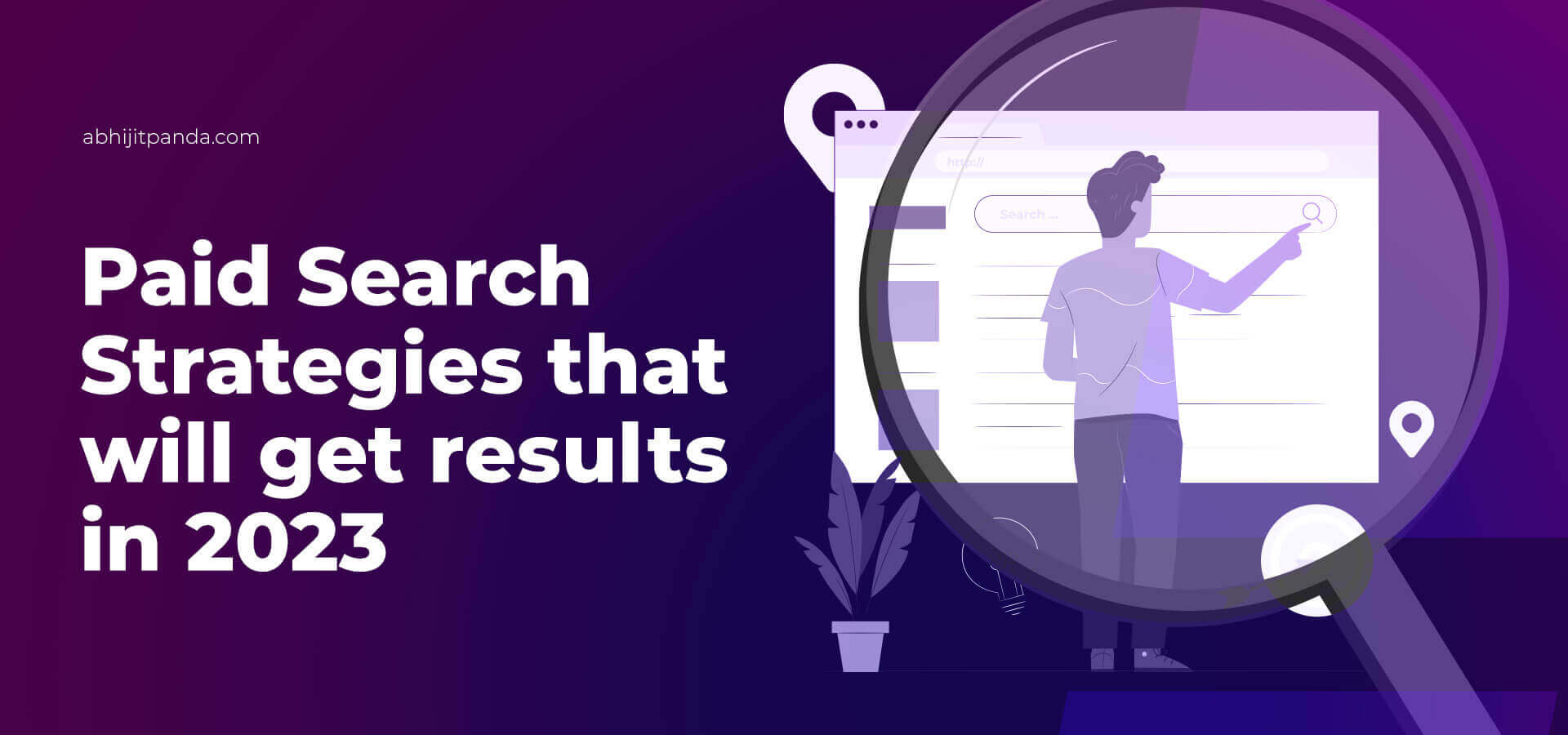 Paid Search Strategies that will get Results in 2023
Paid Search Strategies that will get Results in 2023
In 2023, businesses will spend their advertising expenditures on both organic search and paid search. They will increase organic traffic to their websites regularly by launching search engine optimization (SEO) campaigns.
But many companies and startups will increase paid search budgets to increase brand awareness by 80% and get up to 200% return on investment (ROI). Your organization cannot generate more leads and drive quick sales in 2023 only by increasing the budget for search ads.
You can increase ROI only by implementing data-driven and audience-driven paid search strategies. At the same time, you must not forget to leverage some of the tried and tested paid search tactics and best practices to increase the number of website visitors.
10 Paid Search Strategies to Generate More Leads and Quick Sales in 2023
1. Experiment with Multiple Ad Formats
Text ads will remain the most popular ad format in 2023. But most consumers will click on video ads than text ads. Hence, you cannot get higher ROI only by investing more in text ads. In addition to increasing the budget for text-based ads, you should experiment with other ad formats supported by leading search engines like Google and Bing. For instance, you can run call-only ads to receive phone calls from prospects. Likewise, you can make more users download your mobile app by running app download ads.
2. Use Only First-Party Cookies
In October 2022, Google provided ad publishers with access to first-party cookies. Also, the search engine has announced its plan to replace third-party cookies with first-party cookies by 2024. The access to first-party cookies creates opportunities for you to display relevant PPC ads to customers and prospects when they access third-party websites. You can use publisher-provided signals to convert the first-party data into customers based on multiple parameters – demographics, purchase intent, and content interests.
3. Keep Search Ads Responsive
Many publishers these days boost the performance of paid search ads by optimizing them for mobile devices. But Google and Microsoft have revealed their plan to replace expanded text ads with responsive ads in the near future. While designing PPC ads in 2023, you must focus on keeping them responsive. You have the option to create responsive ads with up to 15 headlines and 4 descriptions. Google Ads will use AI algorithms to combine the best headline and description according to the target audience.
4. Opt for Smart Bidding
Google makes it easier for you to boost paid search ad performance by supporting an innovative feature – smart bidding. It generates automated ad bidding strategies using machine learning. Machine learning algorithms predict the performance of a PPC ad based on consumer behaviors identified based on large volumes of real-time data. In 2023, you must leverage automated bidding strategies to make your ads effective in increasing conversion rates.
5. Target Competitor Brand Names
You can boost the performance of your paid search ads in 2023 by leveraging searches for competitor brands. These ads will make consumers remind and consider your brand as an alternative to competitor brands when conducting pre-purchase research. Your ad copy can influence buyers by displaying negative information about the competing brand. Additionally, the copy should project your brand as a superior alternative by highlighting your USPs. However, the strategy will help you primarily in increasing brand awareness.
6. Optimize Ads for Voice Search
The growing popularity of voice search devices makes it essential for you to optimize paid search ads for voice search in 2023. While optimizing ads for voice search, you should remember that voice search queries are longer but voice search answers must be quick. Hence, you should use conversational keywords like what, when, where, who, and how. It is also important to create new voice search ads as well as optimize your existing PPC ads for voice search.
7. Invest More in Video Ads
90% of consumers these days watch videos while conducting pre-purchase research. Hence, video ads keep influencing consumers’ purchase decisions by remaining one of the hottest paid search trends in 2023. Your paid search strategies must focus on creating videos that create brand awareness and help consumers understand your product/service. However, you must review the video ads elaborately to ensure that viewers remember the information after watching these visuals.
8. Test Ad Copies Continuously
You cannot boost paid search campaign performance without optimizing ad copies regularly. While planning paid search campaigns, you must compare multiple versions of an ad copy by performing A/B testing or multivariate testing. Multivariate testing results will help you choose the best version of an ad copy that addresses the needs of your target audiences and differentiates your brand from competitors. However, you have to save time and resources by implementing one of the best A/B testing tools.
9. Mix and Match Advertisement Platforms
Google will continue to dominate the paid search ad market in 2022. But several studies suggest the rise of other platforms like Amazon. While implementing paid search strategies, you can get higher returns by considering multiple advertisement platforms including Google and Bing. Your strategy should focus on testing emerging advertisement platforms like LinkedIn, Snapchat, and Pinterest to target diverse customer demographics.
10. Automate PPC Campaigns
Automation will remain one of the hottest paid search trends in 2022. In addition to saving time and effort, automation helps you boost the performance of paid search ads. While automating PPC ads, you must explore ways to leverage cutting-edge technologies like artificial intelligence, machine learning, and data analytics. However, you must make ad copy testing and ad performance tracking ongoing activities while implementing PPC automation tools.
Conclusion
In 2023, you can get 200% ROI by increasing paid search budget and implementing paid search strategies. But you should not forget that PPC trends, like SEO trends, change at frequent intervals. You cannot increase ROI without adopting the emerging PPC trends early.
At the same time, you must measure and boost the performance of paid search advertisements using the right metrics and finetune paid search strategies regularly using the right metrics. It is also advisable to reevaluate the key paid search metrics to boost paid search campaign performance effectively.


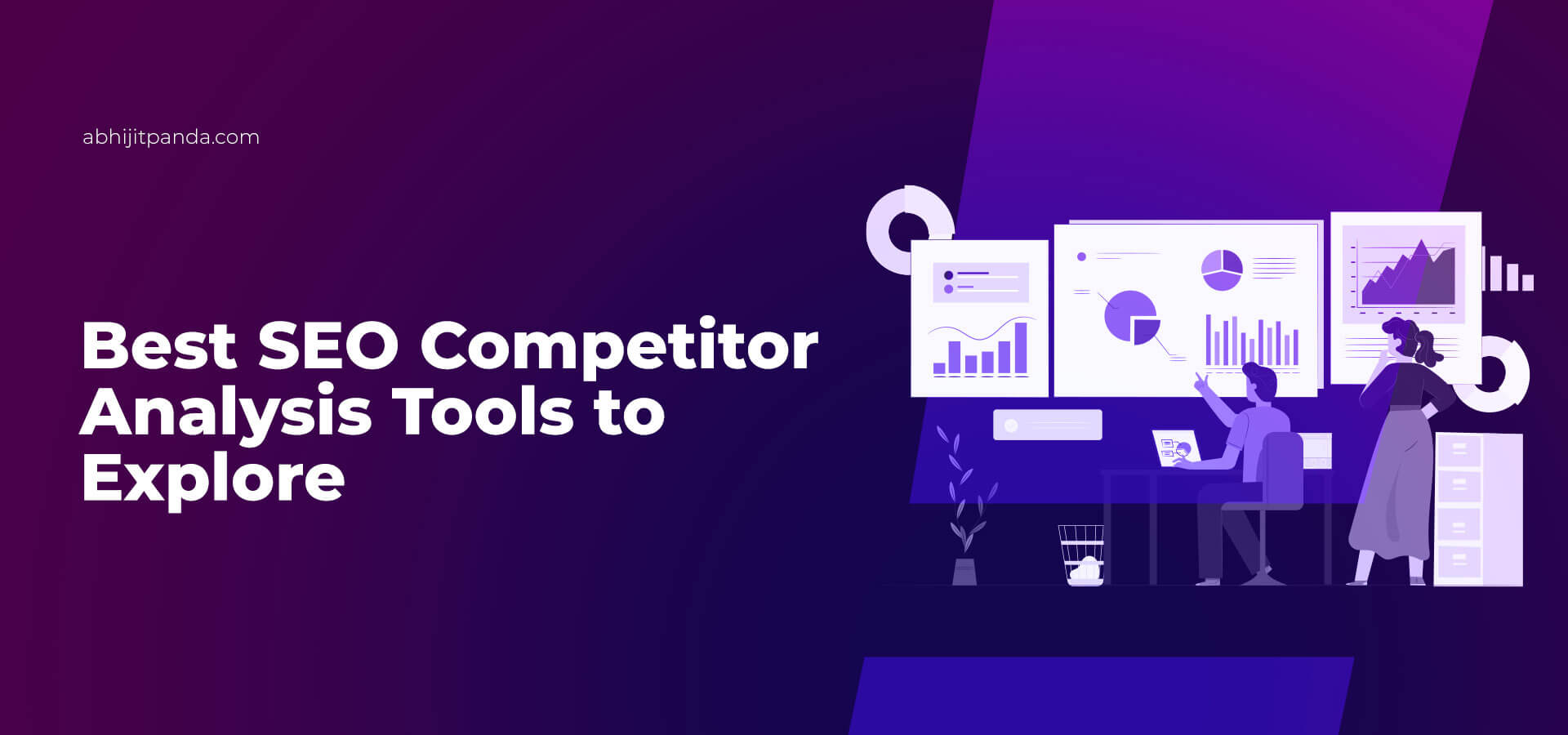
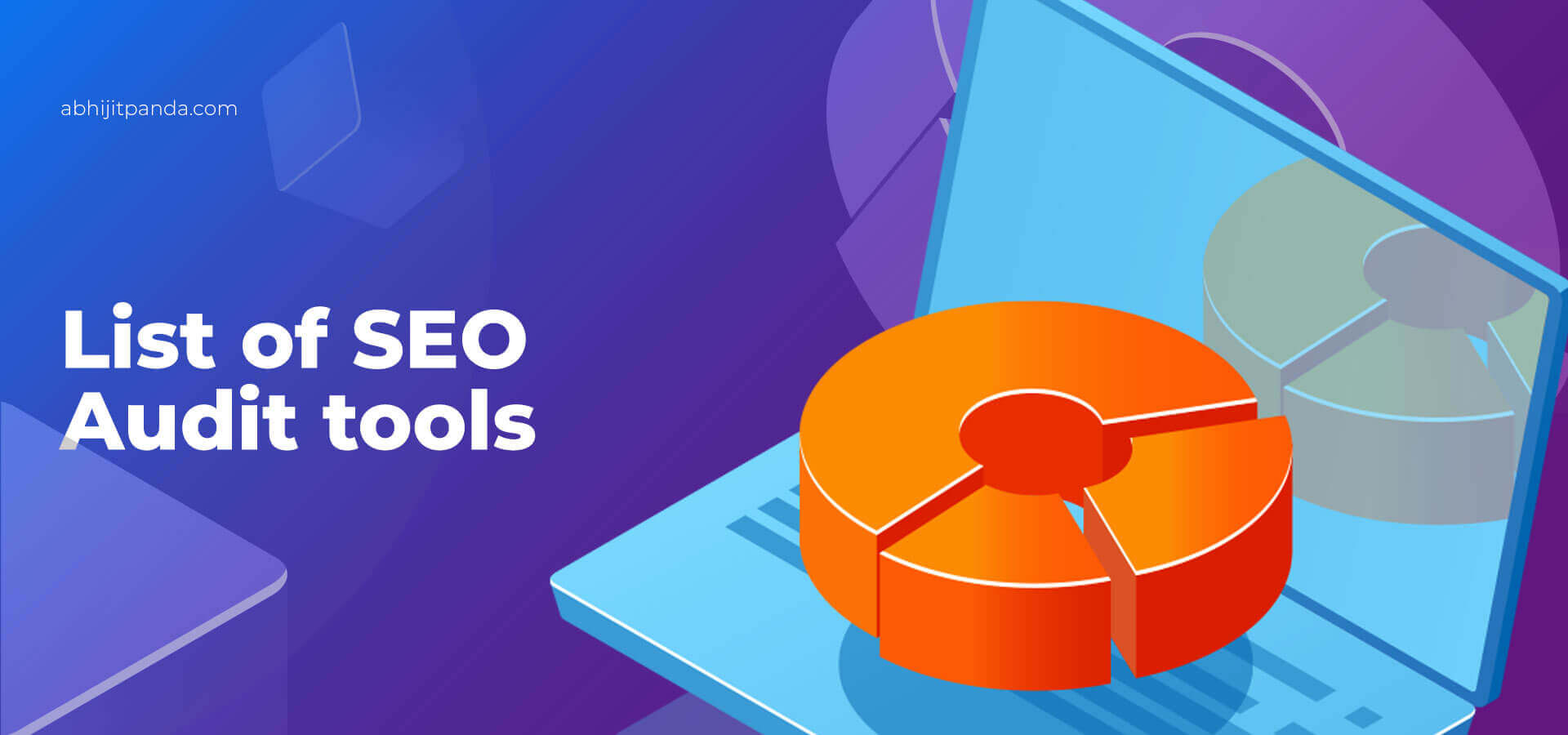
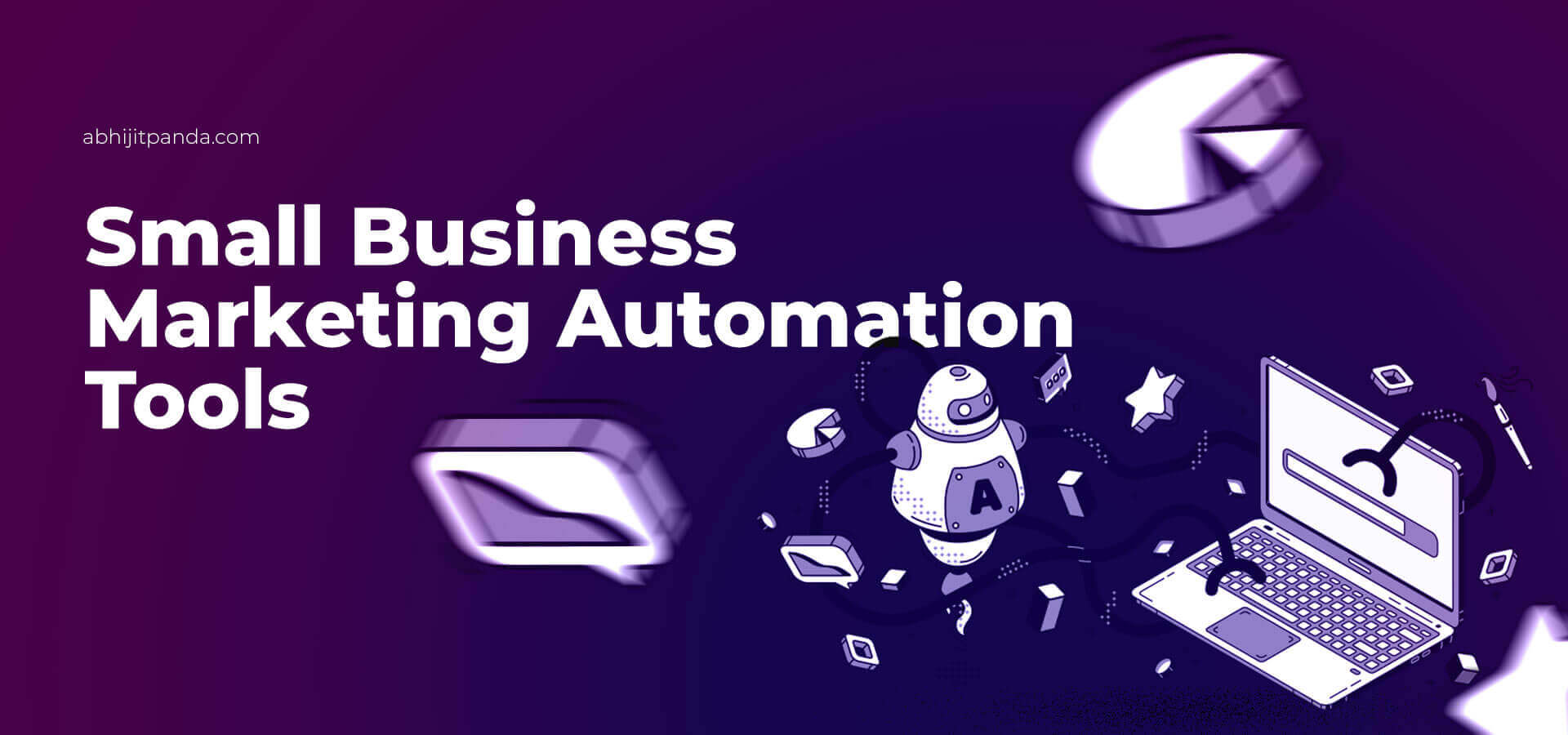
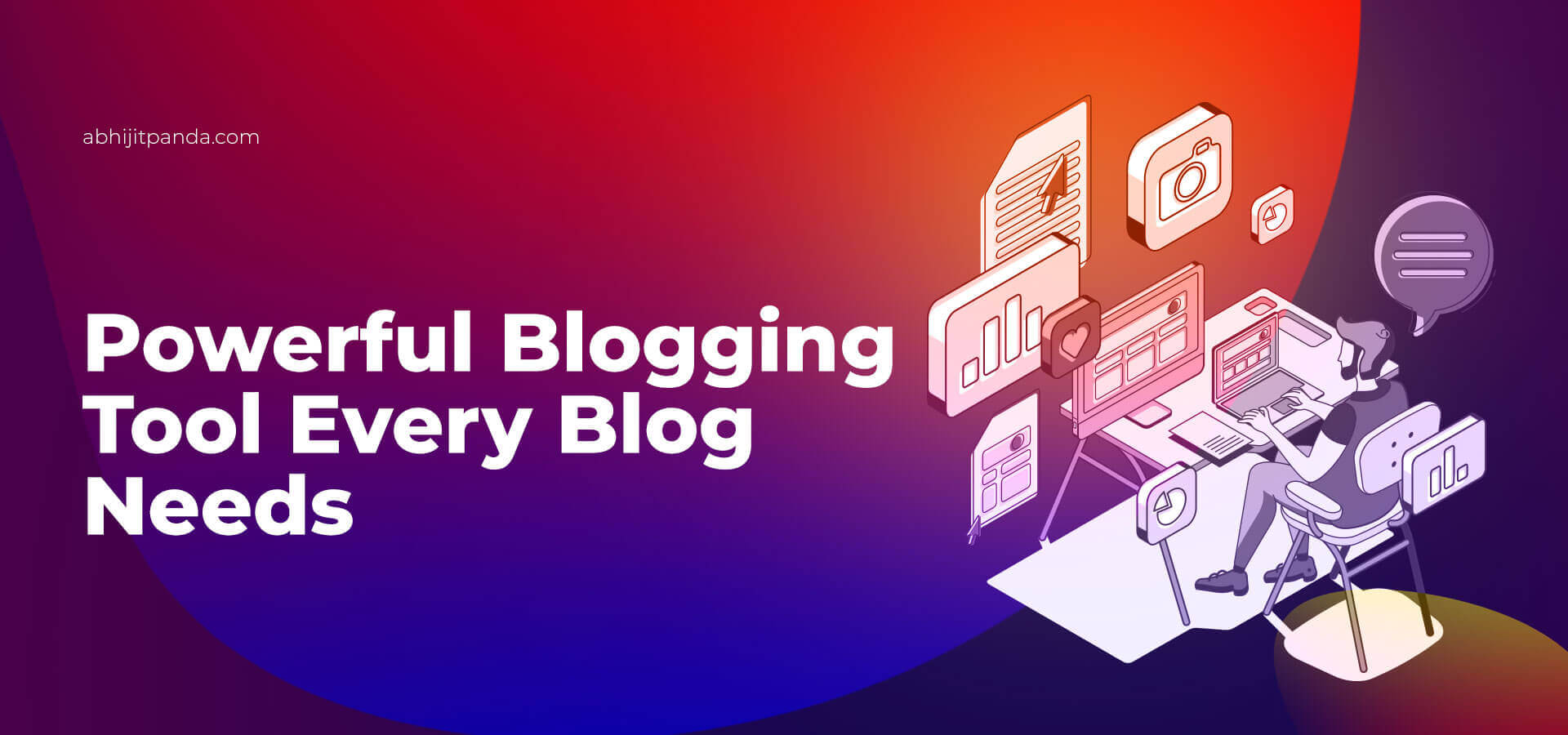
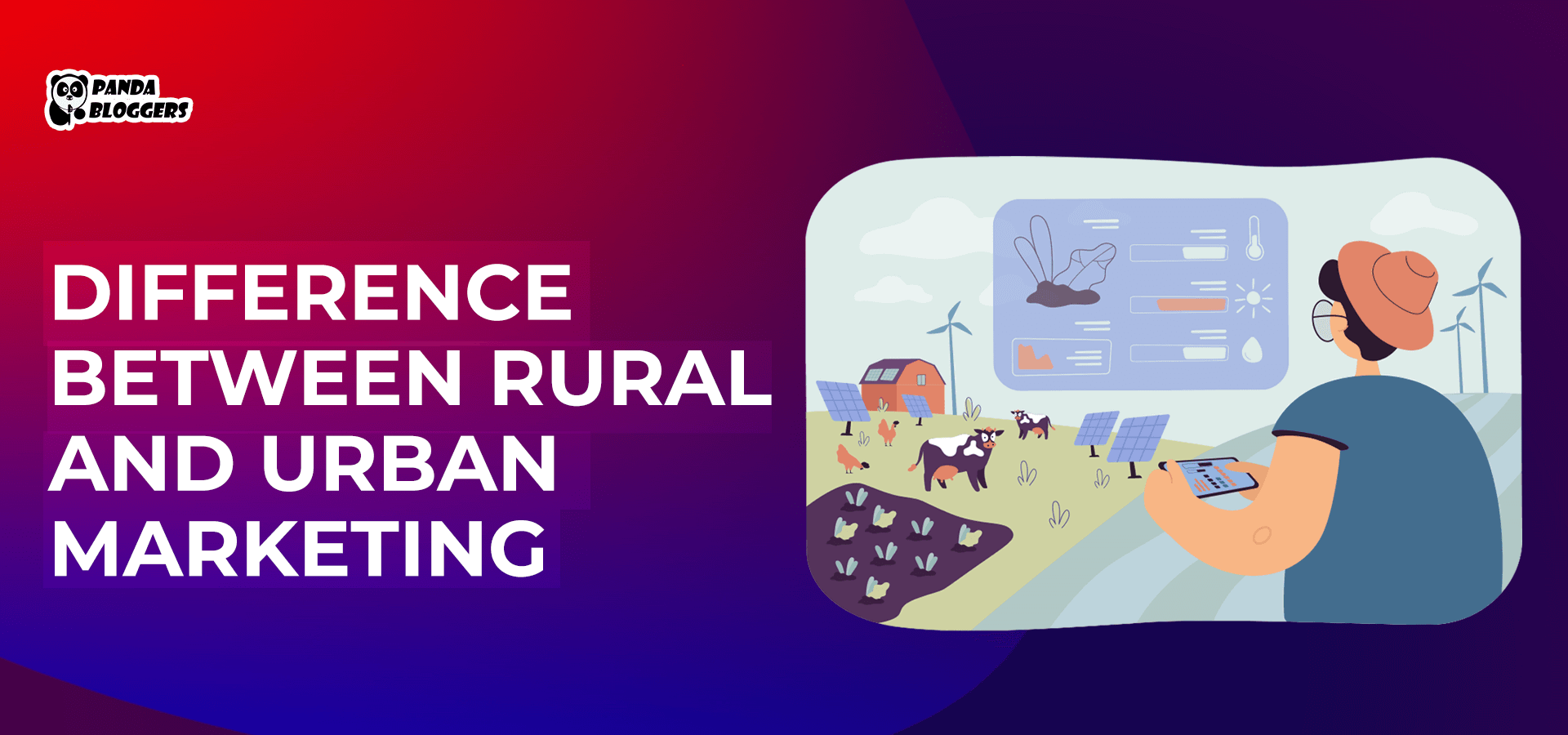

Leave a Reply